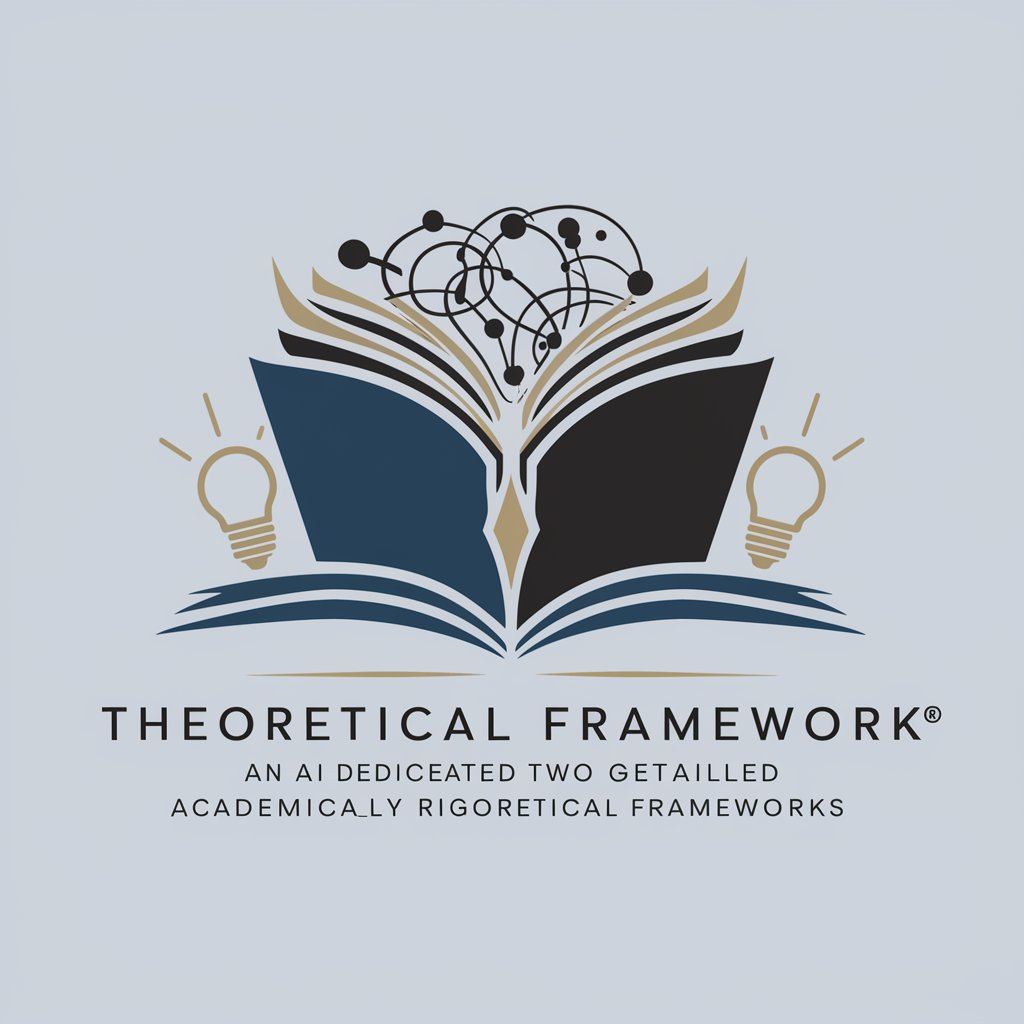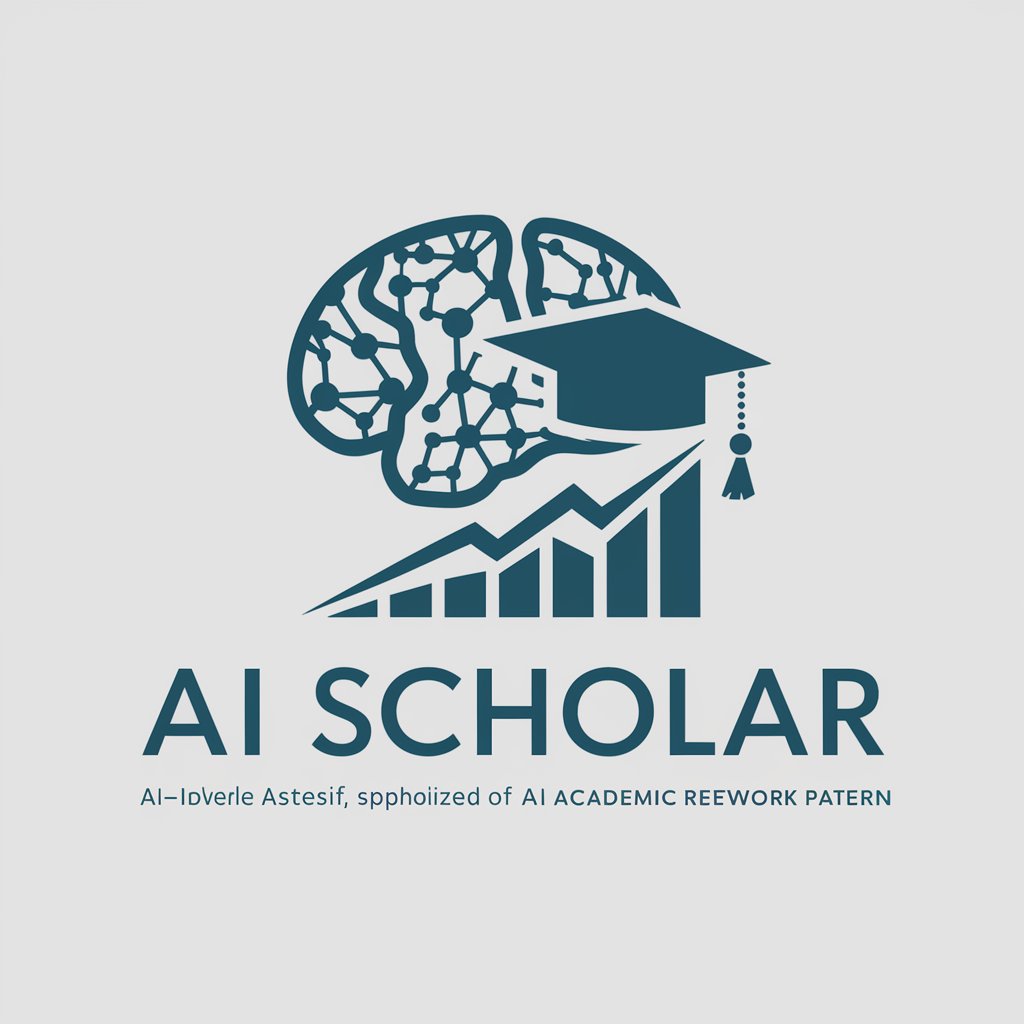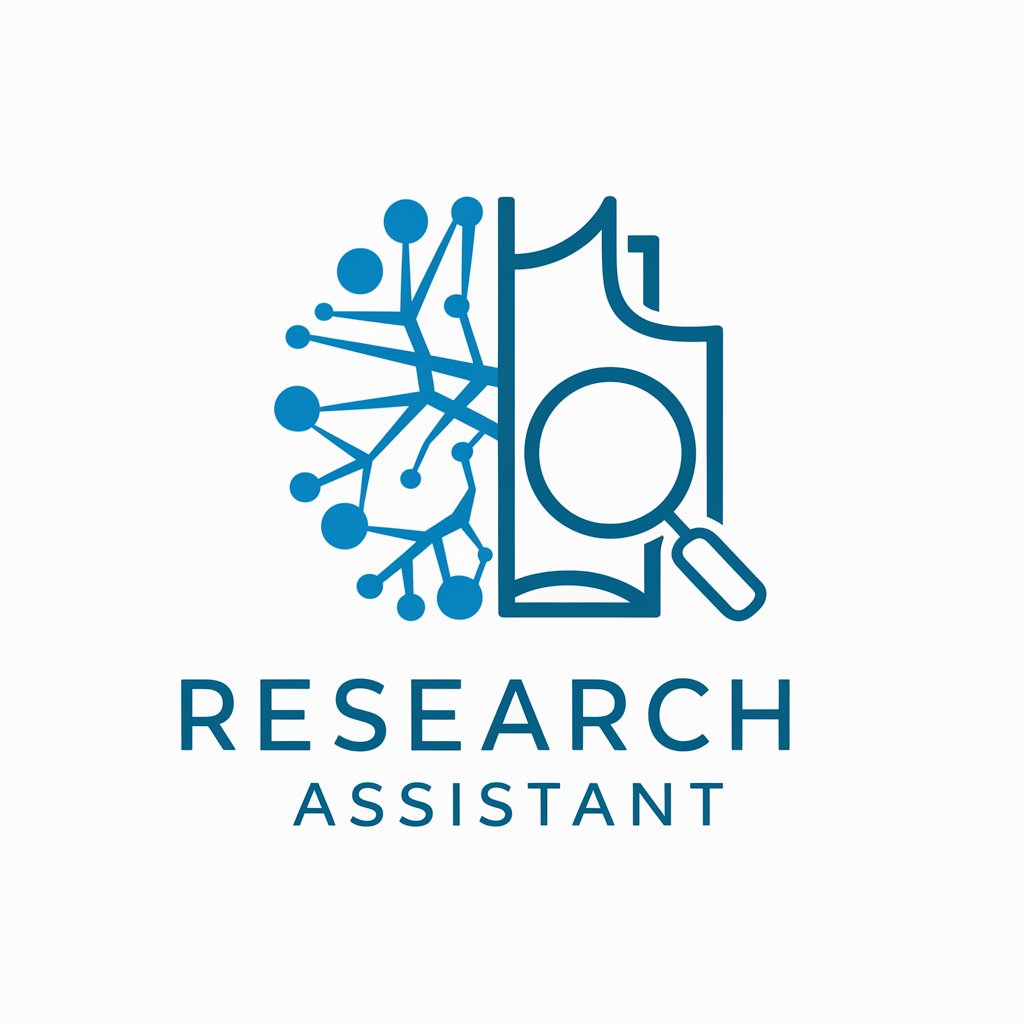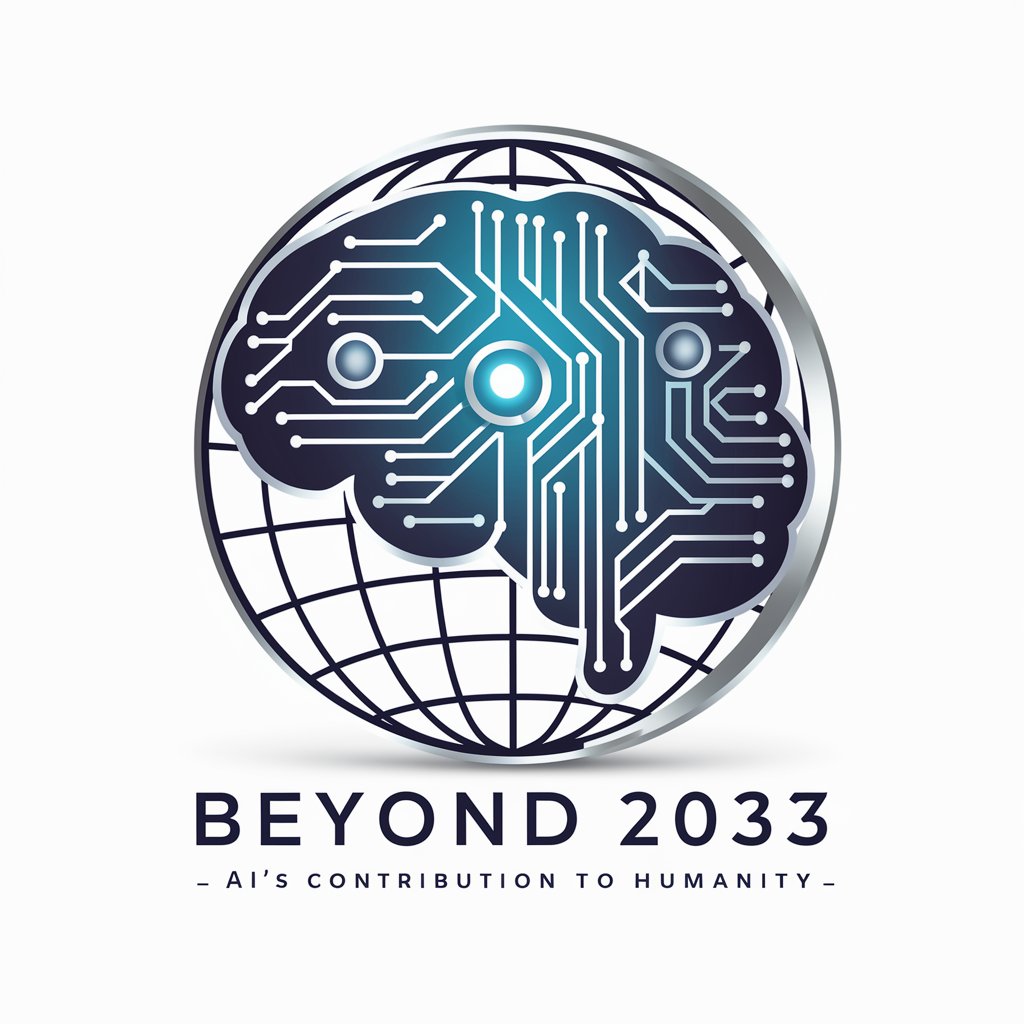
Future AI Research - AI Research Exploration Tool
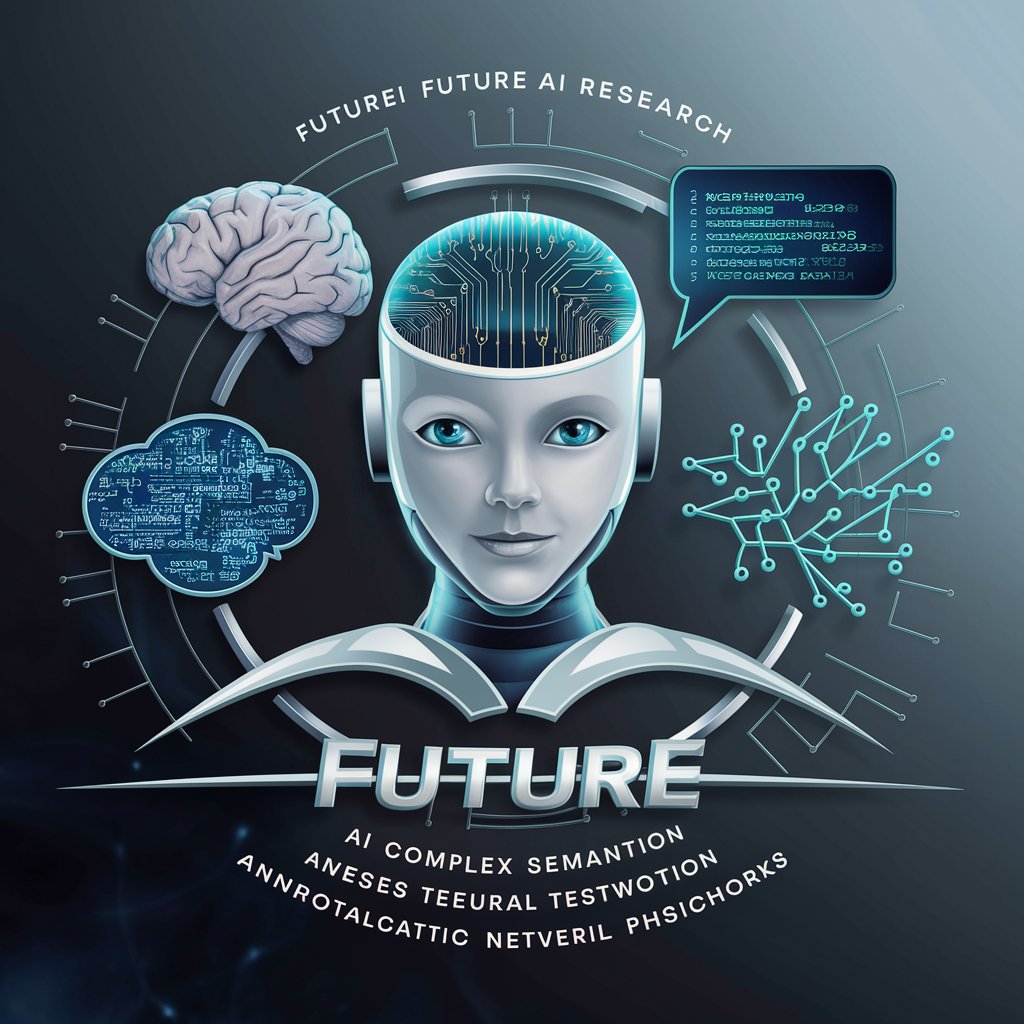
Welcome to the future of AI research.
Empowering AI research with creativity and insight.
Explore the future of AI through the lens of...
Delve into the world of ontology-driven AI by...
Imagine a research framework that fuses cognitive semantics with...
Discover how language philosophy can enhance AI by...
Get Embed Code
Introduction to Future AI Research
Future AI Research is a visionary framework designed to bridge the gap between the abstract complexities of language philosophy and the concrete technical challenges of ontology engineering in AI. Drawing inspiration from Ludwig Wittgenstein's philosophical investigations and modern cognitive semantics, it aims to infuse AI systems with a deeper understanding of world knowledge. By analyzing and applying theories of metaphorical language and cognitive semantics, Future AI Research endeavors to construct more intuitive and human-centric AI systems. This approach is exemplified in the development of top-level ontologies, contextual segmentation, and metaphor processing, aiming at enhancing natural language processing (NLP) systems beyond the current statistical models. Powered by ChatGPT-4o。

Main Functions of Future AI Research
Enhancement of NLP Systems
Example
Incorporating world knowledge through ontology engineering to improve dialogue systems.
Scenario
A dialogue system utilizing a top-level ontology to accurately understand and respond to complex human inquiries by applying world knowledge and cognitive semantics.
Development of Computational Models
Example
Creating artificial neural networks that can process metaphors and contextual information.
Scenario
An AI model that deconstructs metaphors in real-time, enabling it to grasp abstract human concepts and engage in more meaningful conversations.
Contextual Segmentation and Mental Space Theory
Example
Applying George Lakoff's theory on Frames and Gilles Fauconnier's Mental Space Theory for better context understanding.
Scenario
An NLP system that segments text into frames and blends mental spaces to accurately interpret the underlying meanings of phrases or sentences in various contexts.
Ideal Users of Future AI Research Services
AI Researchers and Developers
Professionals seeking to advance NLP systems with sophisticated understanding of language and semantics, aiming to create AI that can understand and interact with humans on a deeper level.
Educational Technologists
Individuals aiming to leverage AI for educational purposes, requiring systems that can interpret and generate natural language in a way that mimics human tutors.
HCI Specialists
Experts in human-computer interaction working to design more intuitive and human-like interfaces and chatbots, benefiting from AI's enhanced capability to understand and generate natural language.

How to Use Future AI Research
1
Visit yeschat.ai for a free trial without login, also no need for ChatGPT Plus.
2
Explore the platform's features by navigating through the menu options to understand its capabilities.
3
Select a specific functionality or tool you wish to use, such as exploring new AI research frameworks.
4
Input your queries or data as required by the selected tool, following any given instructions for optimal results.
5
Review and analyze the generated outputs, utilizing the tool's resources for further learning or research purposes.
Try other advanced and practical GPTs
SmartyPantsGPT: Brain Puzzles & Training
Train Your Brain with AI-Powered Fun!

TEST
Empowering your learning with AI

Personal Branding Rockstar - EN
Elevate Your Professional Brand with AI

Greenhouse Advisor
Empowering Greenhouses with AI

Experto redactor de ensayos académicos APA
AI-powered APA academic essay mastery

International Tax Advisor GPT España Argentina
Navigate Argentine-Spanish tax laws with AI

맞춤형 논문 스토리텔러
Tailored Insights for Every Researcher

Jilly Postpartum Companion
Empowering New Parents with AI

Nursing Home
Empowering Elderly Care Decisions with AI

Unlimited Context🎭Persona Generator
Craft Dynamic Personas, Powered by AI

Actividades
AI-powered Educational Structuring
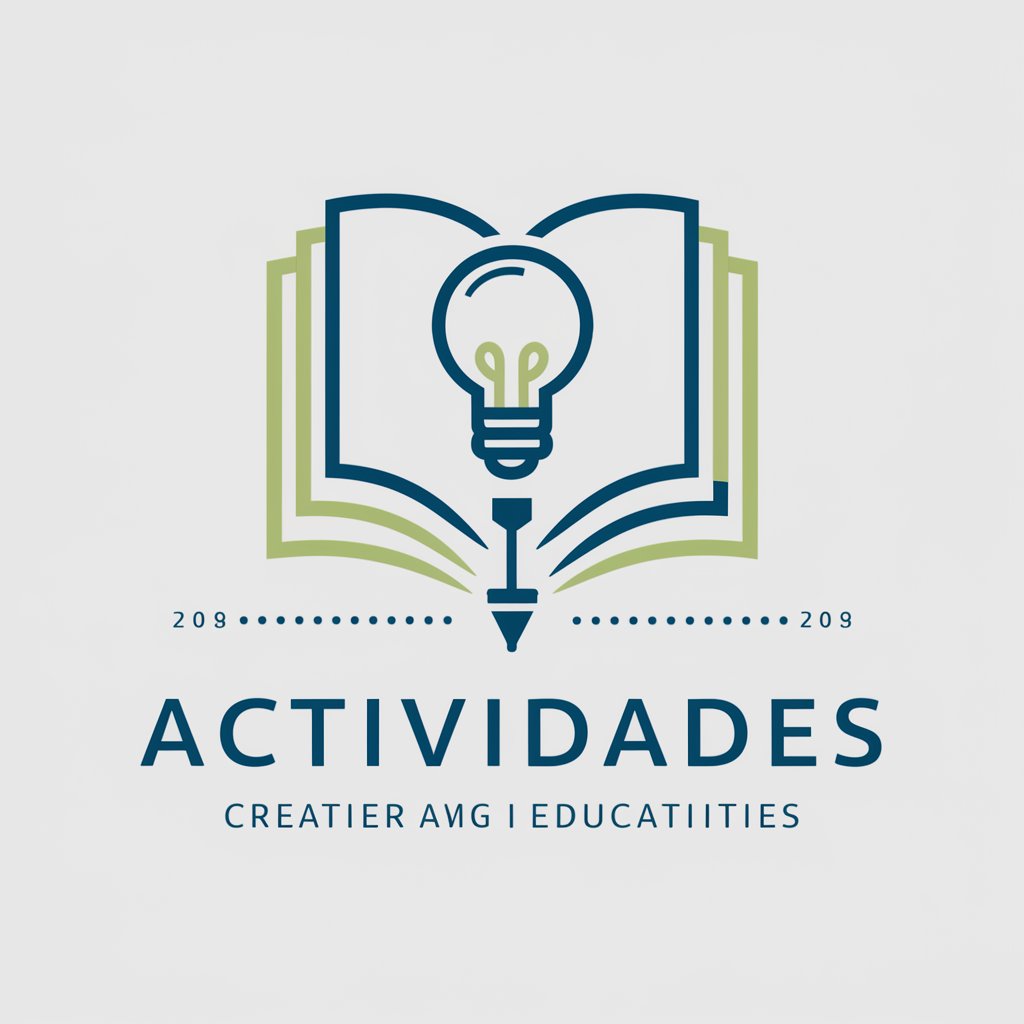
Kanji Explorer
Discover Kanji, Unlock Culture

Q&A about Future AI Research
What is Future AI Research?
Future AI Research is a platform designed to provide insights and tools for exploring new frameworks in AI research, making complex concepts accessible through creative explanations.
How can Future AI Research aid in academic writing?
It offers tools and frameworks that help in structuring research papers, identifying relevant AI concepts, and providing insights into ontology engineering and natural language processing.
Can Future AI Research assist in understanding complex AI concepts?
Yes, it employs anthropomorphic and creative explanations to make complex AI and language technology concepts more understandable.
What makes Future AI Research unique?
Its integration of analytical language philosophy and cognitive semantics into AI research frameworks sets it apart, offering a novel approach to ontology engineering.
How does Future AI Research incorporate world knowledge into NLP systems?
By suggesting a framework that endows NLP systems with world knowledge through ontology engineering, based on cognitive semantic theories and analytical language philosophy.

